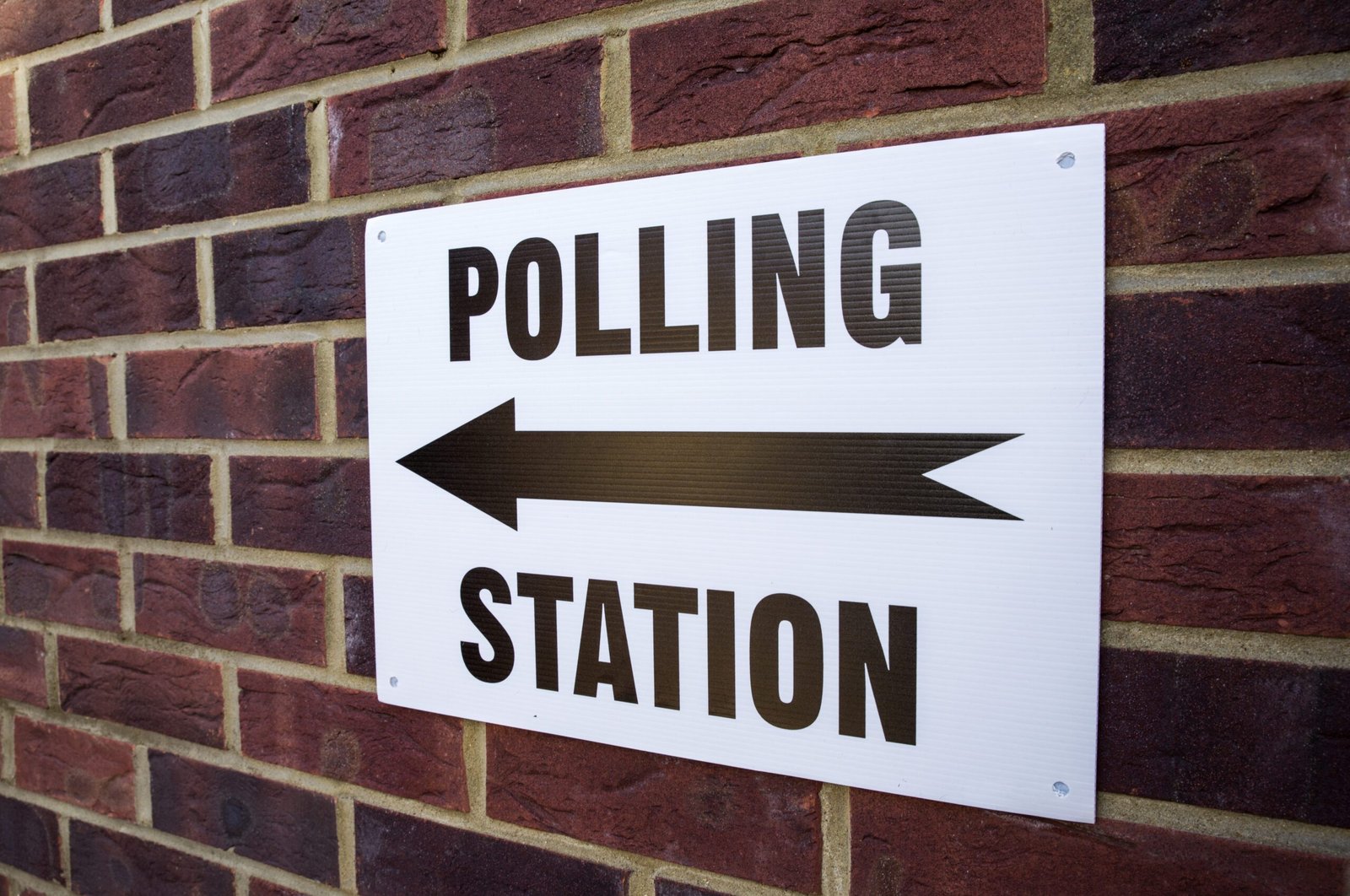How is the general election going to Impact my remortgage as a contractor?
As the UK general election on 4 July approaches, many voters are currently engrossed in political campaigns, manifestos, and debates. However, it is important to recognise that policy announcements leading up to the election can have a significant impact on mortgage rates for contractors looking to remortgage or purchase a new home.
Understanding how these announcements affect financial markets, particularly Swap rates and mortgage pricing, can assist homeowners and prospective buyers in navigating these uncertain times.
To comprehend how policies influence mortgage rates, it is essential to have a grasp on swaps. A swap is a financial agreement in which two parties exchange interest rate payments. Typically, one party pays a fixed interest rate, while the other pays a variable rate that fluctuates with market conditions.
Lenders utilise swap rates to hedge against interest rate changes and to determine the pricing of fixed-rate mortgages. When swap rates rise, it indicates that the market anticipates higher future interest rates.
This prompts lenders to increase mortgage rates in order to maintain their profit margins. Conversely, when swap rates fall, it suggests expectations of lower future rates to stimulate economic growth, resulting in reduced mortgage rates.
Government fiscal policies, such as increased public spending or tax cuts, can influence inflation and economic growth expectations. For instance, if the Government announces significant infrastructure spending, it can boost economic growth expectations, leading to higher swap rates and mortgage rates as lenders anticipate increased inflation and borrowing costs.
Housing policies can also have a significant impact on the mortgage and property market. Policies that encourage homeownership, such as tax incentives, can increase the demand for housing, thereby driving up home prices. Conversely, policies aimed at cooling the market, such as stricter lending criteria or increased property taxes, can reduce demand, resulting in lower home prices. Additionally, during election periods, policy announcements can cause market volatility, influencing mortgage rates and the overall stability of the property market.
In the lead-up to an election, financial markets often experience fluctuations due to uncertainty and speculation. Investors and lenders attempt to predict the election outcome and its potential impact on government policies. This uncertainty can lead to short-term volatility in swap rates and mortgage rates.
For example, if a political party expected to win the election promises significant fiscal stimulus, swap rates might rise in anticipation of increased inflation and borrowing costs, leading to higher mortgage rates. Conversely, if a party advocating fiscal restraint is leading in the polls, swap rates might fall, resulting in lower mortgage rates.
For homeowners and prospective buyers, understanding these dynamics is crucial. If you are considering a mortgage or remortgage, staying informed about government policy announcements and their potential impact on swap rates can help you make better financial decisions. Consulting with a mortgage broker can also provide valuable insights and assist you in navigating these uncertain times.


